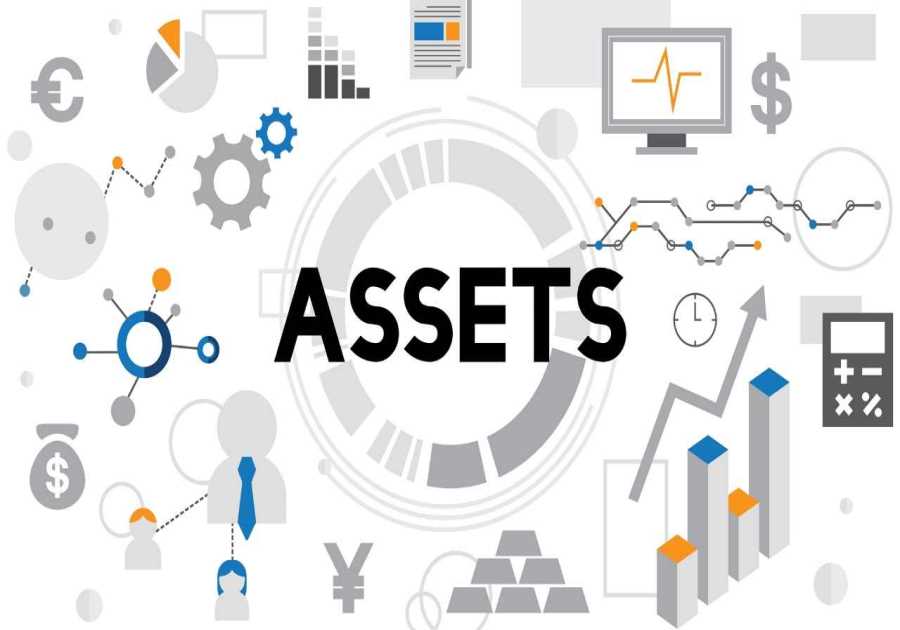REUTERS/Yuya Shino
- The Japanese yen rose over 3% against the US dollar Tuesday after the Bank of Japan surprised markets.
- The central bank lifted its cap on 10-year bond yields, allowing long-term interest rates to rise more.
- That could radically change the 2023 outlook for the underperforming yen, a strategist said.
The Japanese yen surged against the dollar Tuesday after the Bank of Japan unexpectedly lifted the cap on 10-year government bond yields, a move that could eventually allow long-term interest rates to rise.
The central bank on Tuesday widened the targets in its bond market yield curve controls (YCC), which fix long-term interest rates within a band. It said it will keep interest rates at -0.1%, but will now allow 10-year Japanese Government Bond yields to move between 0.5% and -0.5%, compared with between 0.25% and -0.25% previously.
But the BoJ's governor, Haruhiko Kuroda, signaled in a statement that it doesn't want markets to take the shift as an end to the era of its ultraloose monetary policy. Instead, the move was designed to inject some energy into Japan's lifeless bond market.
"Today's step is aimed at improving market functions, thereby helping enhance the effect of our monetary easing," he said in a news conference Tuesday. "It's therefore not an interest rate hike."
But investors appeared to shrug off those comments, and the yen rallied thanks to expectations the widening of YCC sets the stage for interest rates to rise next year. The Japanese currency was up 3.26% at 132.45 yen per dollar at last check Tuesday.
"Markets have been shaken from their prefestive low volatility torpor this morning, as the Bank of Japan announced a surprising change in its YCC policy," ING currency strategist Francesco Pesole said in note.
The BoJ has kept its interest rates negative this year, even as the US Federal Reserve and other global central banks have hiked rates aggressively in a bid to tame red-hot rates of inflation.
That monetary policy looseness has weighed on the yen, which has fallen around 15% against the dollar in 2022.
Low interest rates have hit the yen's value because they make the currency less attractive than its rivals such as the dollar for foreign investors seeking higher yields.
"The BoJ's role as an ultra-dovish outlier among global central banks had been a key driver of yen weakness in 2022," Pesole said.
"Markets are now assessing whether today's announcement is effectively a first step towards a broader policy normalization process in Japan, which would quite radically change the outlook for the yen in 2023," he added.
Kuroda's surprise announcement also weighed on Asian stocks, with Tokyo's flagship Nikkei 225 index sliding 2.46% and Hong Kong's Hang Seng closing 1.33% lower.
Read more: Decades-high inflation has triggered a 'reverse currency war' as a soaring dollar leaves central banks scrambling to catch up
Read More
By: [email protected] (George Glover)
Title: The yen surges against the dollar after the Bank of Japan sets the stage for ending its era of ultracheap borrowing
Sourced From: markets.businessinsider.com/news/currencies/dollar-dominance-yen-currencies-bank-japan-boj-yield-curve-control-2022-12
Published Date: Tue, 20 Dec 2022 09:53:07 +0000
.png)





